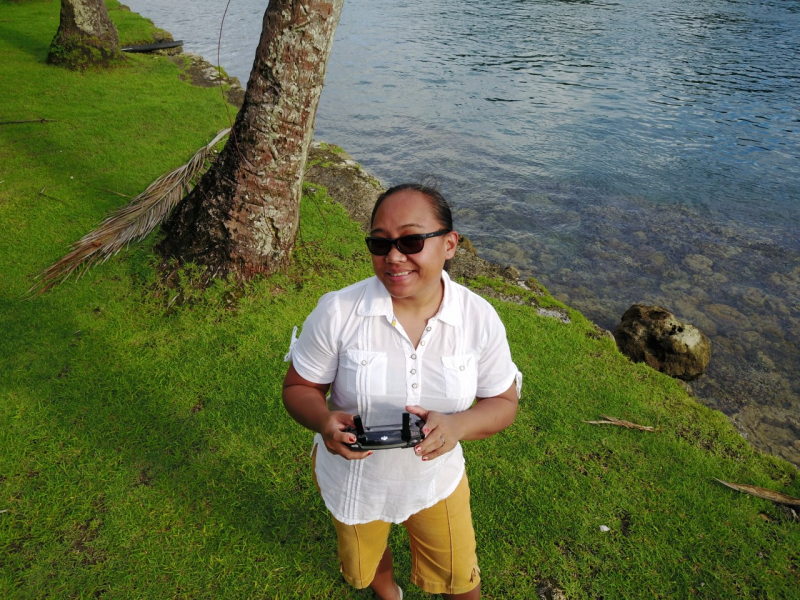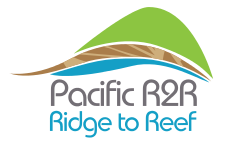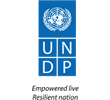
From understanding, to the practical application of Ridge to Reef principles, the Pacific R2R Programme has presented participating Pacific Island countries an opportunity to test, refine, replicate and upscale an emerging and sustainable, development paradigm. Longer-term investment in R2R mainstreaming, concepts, practices and policies could prove model for up-scaling at the level of large continental river basins, linked coastal and marine areas.
As an integral part of the GEF strategy, the Pacific R2R Programme has provided unique opportunities to support country capacity development (formally and informally) of local professionals to sustainably govern and manage their priority environmental issues and contribute to global environmental benefits.
To highlight some of the impacts of the training and capacity building activities to date, the Regional Programme Coordination Unit conducted a rapid online survey serves to showcase experiences.
In 2017, the Pacific Community (SPC) R2R programme partnered with James Cook University to deliver the Post Graduate Program in Ridge to Reef Sustainable Development. The R2R post graduate programme provides educational pathways from 2 years for the certificate to an additional year for the diploma.
Participating countries include: Cook Islands, Federated States of Micronesia , Fiji, Kiribati, Nauru, Niue, Palau, Papua New Guinea, Republic of the Marshal Islands , Samoa, Solomon Islands, Tonga, Tuvalu and Vanuatu.
| Name |
Heather Ketebengang |
|
Job title |
Program Manager |
|
Country |
Palau |
|
Project |
STAR R2R Project |
|
Organization name |
Palau Conservation Society |
Which formal (accredited) capacity building/training activity has been the most successful for your project and/or stakeholders?
Ecosystem Dynamics, Project Mangement, R2R Governance, Integrated Management of R2R Ecosystems, Technical Stream
Why have each of these that you have identified been successful?
It provides a cohesive learning approach from the understanding of ecosystem dynamics to the management of natural resources and allows for further management efforts in the advocacy of certain policies to ensure successful resource management.
What were your key learnings from each subject you identified as successful?
Ecosystem dynamics - provided a deeper understanding of ecosystem connectivity
How have you applied these key learnings in your work? Please give examples.
This program has helped to strengthen my skills in project design and has allowed me to secure funding to implement certain project.
What opportunities has applying these learning provided for your community/country? Please give examples.
These learning have helped to raised awareness of youth about biodiversity, increase understanding of biodiversity by using the help of citizen science programs to collect biological data, provided support for partners
What were some of the challenges you faced with the formal training and capacity building activities?
Lack of feedback/communication - sometimes I had questions that couldn't be answered in time. Also, feedback on submitted work could have helped improve the upcoming work.





